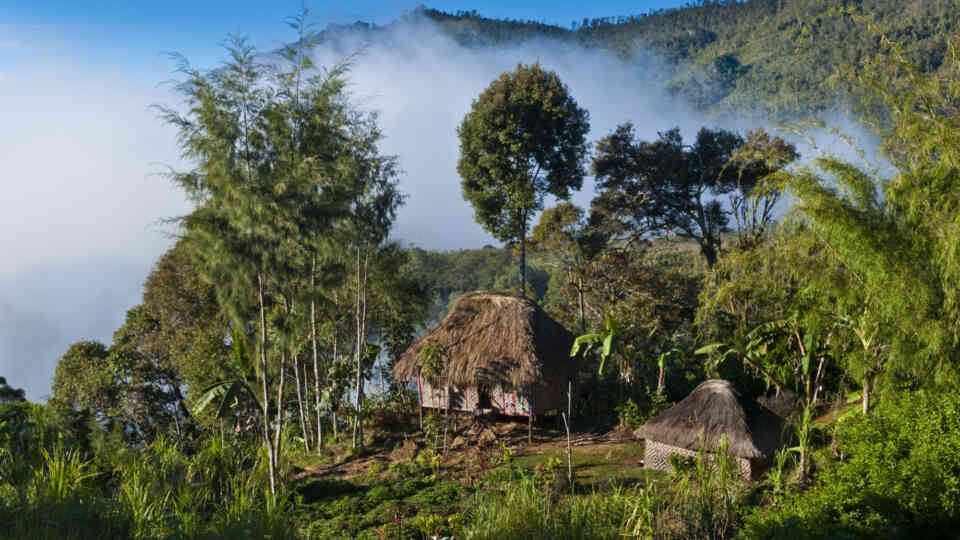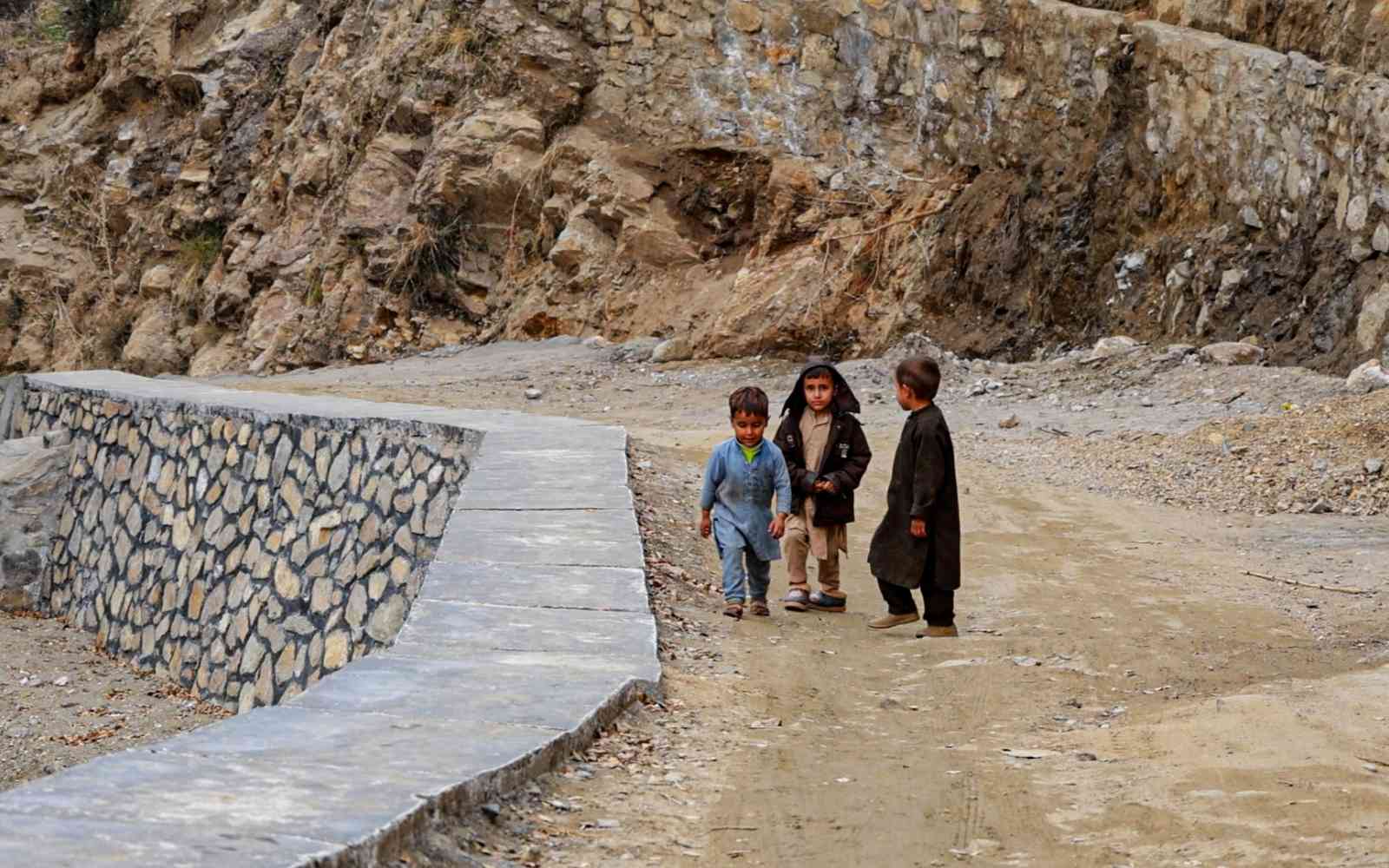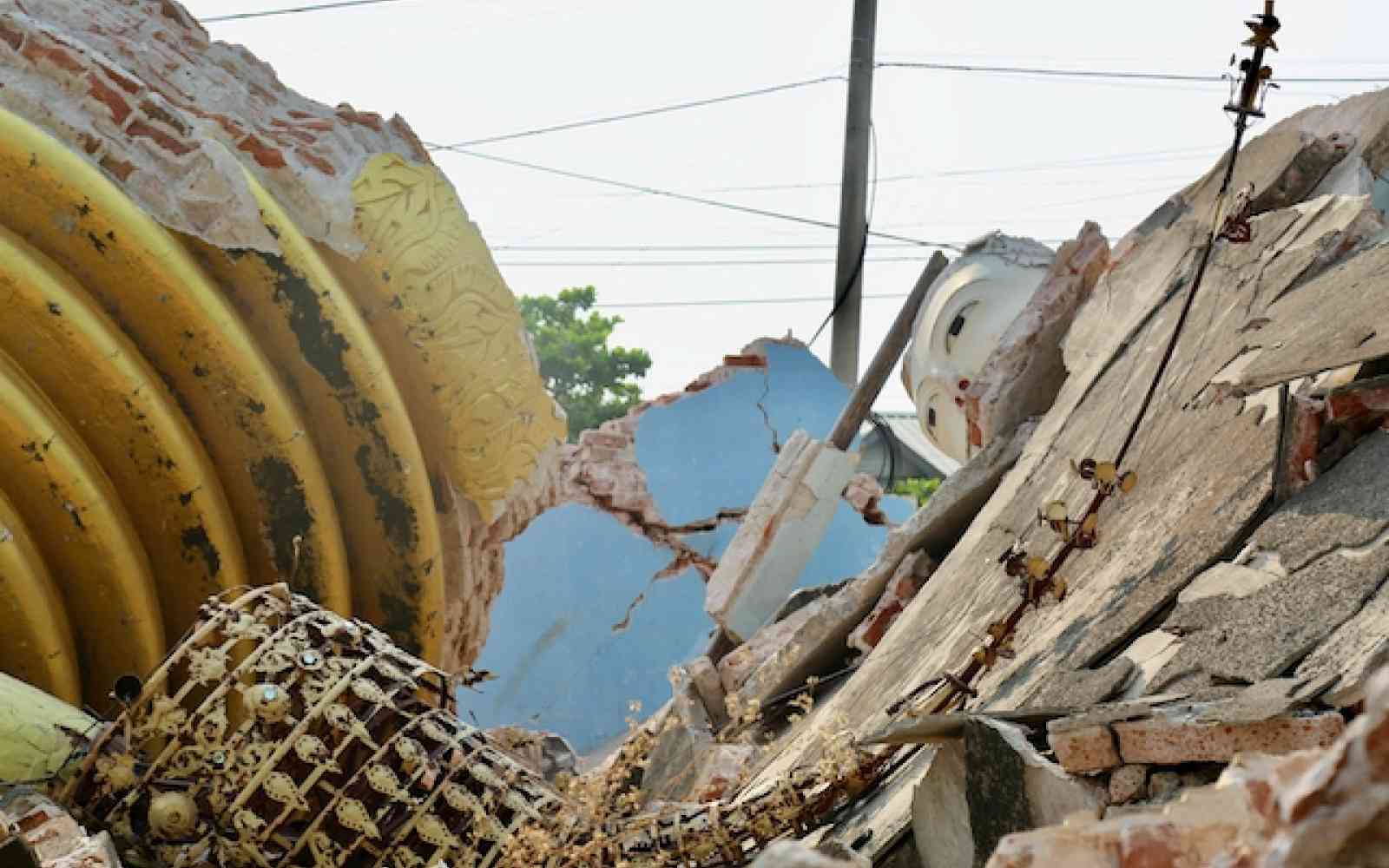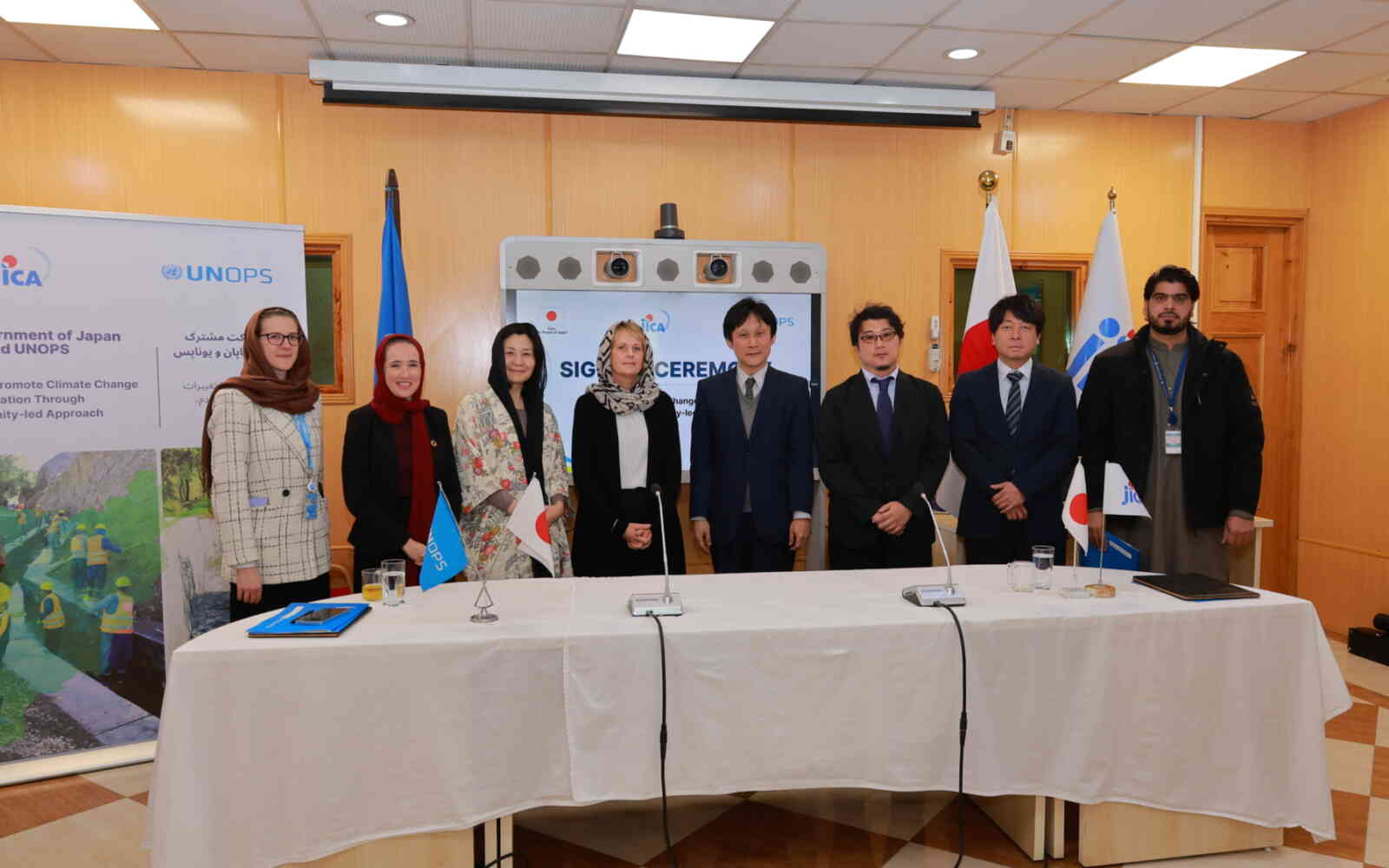The United Nations Office for Project Services (UNOPS)
Statement on the Papua New Guinea landslide and other recent natural disasters in the Asia Pacific
UNOPS Regional Director for Asia, Sanjay Mathur, on the landslide in Papua New Guinea and other recent natural disasters in the Asia Pacific.
Recently, the Asia Pacific region has endured a harrowing series of weather-related disasters - from severe cyclonic storms in Bangladesh necessitating mass evacuations, to devastating landslides in Papua New Guinea, floods in Indonesia and Afghanistan, and extreme heat waves across India and Myanmar. These events underscore the profound challenges posed by climate perils in one of the most vulnerable regions globally.
As we mourn with those who have lost loved ones, and as we pray for the injured and those who have lost their livelihoods, our commitment to the safety of our teams and support for the affected communities remains unwavering. The persistent threat of climate change, a primary driver of future economic risks in Asia Pacific, compels us to intensify our climate action efforts to mitigate these risks and ensure the safety and resilience of our communities.
At UNOPS, we are dedicated to bridging the gap between climate commitments and tangible results. The recent climatic events reinforce the need for multi-stakeholder initiatives and enhancing partner capacities to effectively tackle climate impacts.
Our strategy places significant emphasis on infrastructure, which affects most Sustainable Development Goals targets and necessitates sustainable, resilient, and inclusive practices to align with the Paris Agreement. Moreover, strengthening sustainable procurement is crucial for combating climate change effectively. By refining procurement processes, we aim to support national sustainability goals, fortify supply chains, protect natural resources, and foster low-carbon solutions, thereby boosting local economies and building community resilience against climate change.
UNOPS stands ready to support the UN, governments and partners across the Asia Pacific to respond to urgent needs, and is committed to helping vulnerable communities recover and rebuild.











